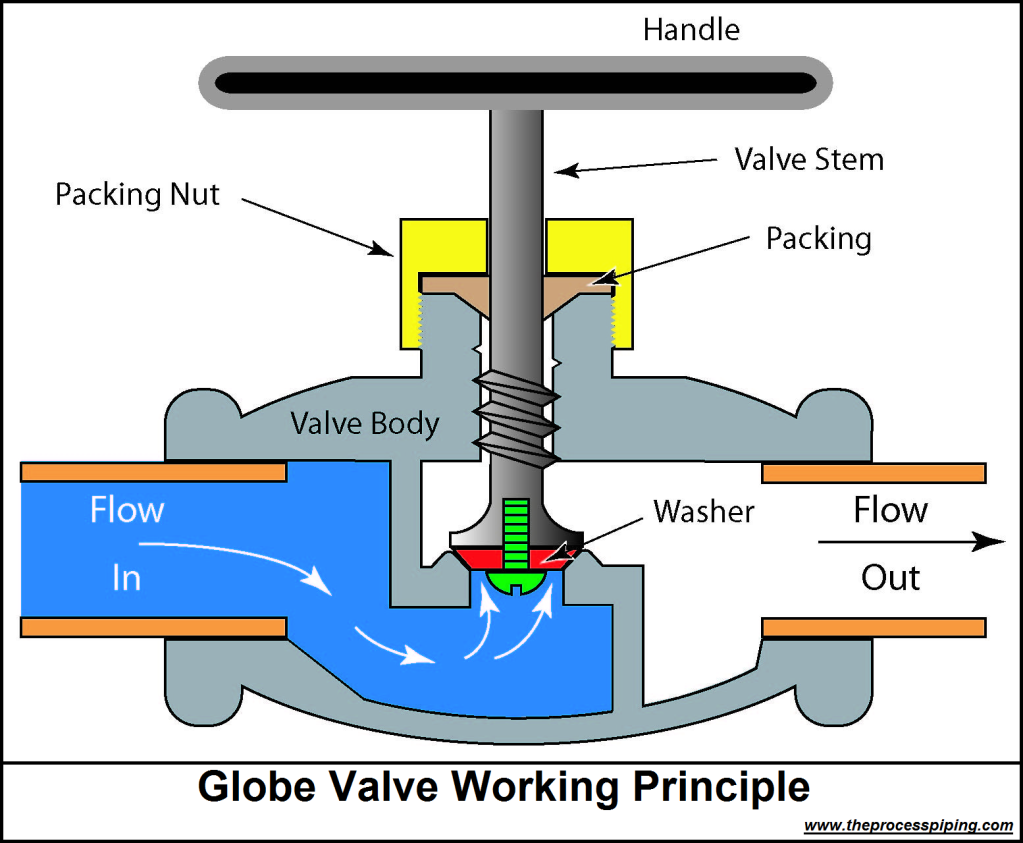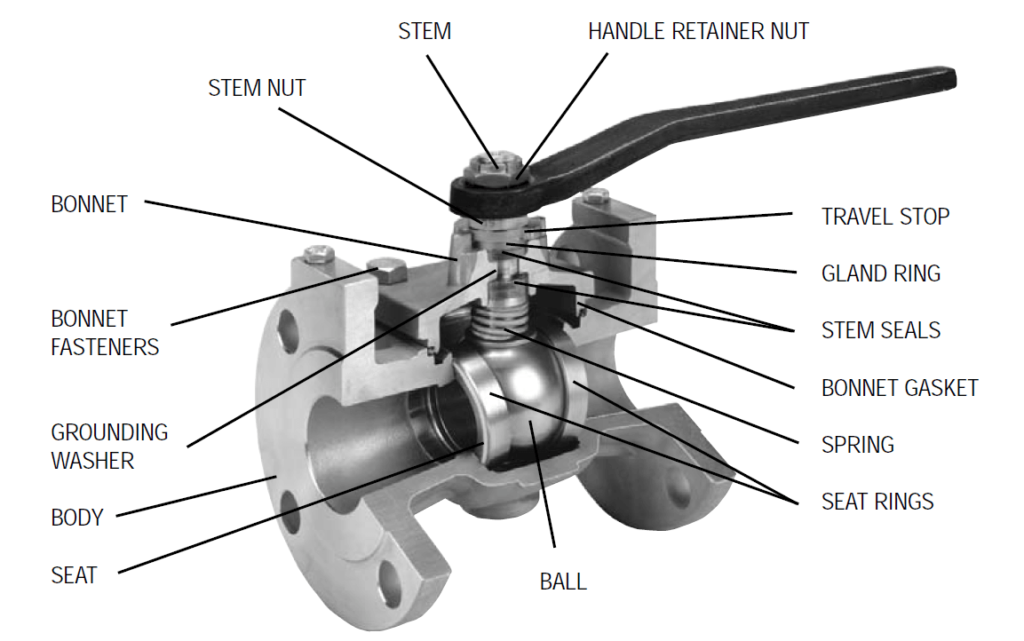As an industrial valve supplier, I understand that selecting the right valve for your business can be a daunting task. With so many types of valves to choose from, it can be challenging to determine which one is the best fit for your specific needs. In this blog post, I’ll discuss the differences between two of the most commonly used industrial valves: globe valves and ball valves. I’ll also provide guidance on how to choose the right valve for your business.
Globe Valves and Ball Valves – What’s the Difference?
Globe valves and ball valves are both used to regulate the flow of various fluids in industrial applications. The main difference between the two lies in their design and how they control flow.
Globe Valves
Globe valves have a linear motion stem that moves a disc up and down to regulate flow. The disc is housed in a valve body, which can be made from a variety of materials such as stainless steel, brass, or PVC. The stem is connected to the disc, and as it moves up and down, it opens or closes the valve. This linear motion design allows globe valves to regulate flow more precisely than other types of valves.

Ball Valves
Ball valves, on the other hand, have a rotating stem that opens and closes a ball-shaped disc to control flow. The ball is housed in a valve body, which can also be made from a variety of materials. The stem is connected to the ball, and as it rotates, it either allows or blocks the flow of fluid. This rotating motion design allows ball valves to open and close quickly, making them ideal for applications where quick opening and closing is required.
In summary, both globe valves and ball valves can be used as throttling valves to regulate the flow of fluids in industrial applications. However, globe valves are typically better suited for precise flow control due to their linear motion design, while ball valves are better suited for quick opening and closing due to their rotating motion design. The choice between globe valves and ball valves as throttling valves will depend on the specific needs of the application and the flow control requirements.

Which One Should You Choose?
Here are some factors to consider:
Flow Control
If you need precise flow control, a globe valve may be the better choice. Globe valves have a more linear flow characteristic, which means they can regulate flow more precisely. This makes them an excellent choice for applications where precise control of flow is required, such as in chemical processing or water treatment.
On the other hand, ball valves have a more on/off flow characteristic, which can make them better suited for applications where quick opening and closing is required, such as in the oil and gas industry.
Pressure Drop
If pressure drop is a concern, a ball valve may be the better choice. Ball valves have a full bore straight-through design, which means the fluid can flow through the valve without any interruptions, reducing pressure drop and increasing flow rates. This design also reduces the risk of blockages, which can cause downtime and costly maintenance. Globe valves, on the other hand, have a smaller opening through the valve, which can increase resistance to flow and cause pressure drop.
Cost
If cost is a concern, a ball valve may be the better choice. Ball valves are generally less expensive than globe valves due to their simpler design. They are also highly durable, which makes them suitable for harsh industrial environments. They are resistant to corrosion, wear and tear, and can withstand high temperatures and pressures. This durability makes ball valves a cost-effective choice for industrial processes, as they require less maintenance and have a longer lifespan than other types of valves.
Durability
If durability is a concern, both globe valves and ball valves can be made of high-quality materials that can withstand harsh environments. However, ball valves may have a slight advantage due to their simple design and fewer moving parts.
Size
The size of the valve is an important consideration, as it can impact the flow rate and pressure drop of the system. Globe valves are typically available in smaller sizes, while ball valves are available in a wider range of sizes.
Material
The material of the valve is another important consideration, as it can impact its durability and resistance to corrosion. Both globe valves and ball valves can be made from a variety of materials, including cast iron, carbon steel, stainless steel, duplex, brass, and PVC, etc.
Installation
The installation process for globe valves and ball valves can differ, depending on the specific valve and application. Globe valves typically require a more complex installation process, as they often require a separate valve body and actuator. Ball valves, on the other hand, can be installed in a single unit.
Temperature and Pressure
The temperature and pressure of the system are important considerations when selecting a valve. Globe valves may be better suited for applications with high pressure and temperature requirements, while ball valves may be better suited for low to medium pressure applications.
Application
The specific application of the valve is an important consideration, as it can impact the type of valve required. For example, globe valves may be better suited for applications that require precise control of flow, such as in chemical processing or water treatment. Ball valves may be better suited for applications that require quick opening and closing, such as in the oil and gas industry.
Conclusion
In summary, the choice between globe valves and ball valves depends on a variety of factors, including flow control requirements, pressure drop concerns, cost considerations, durability needs, size, material, installation, temperature and pressure, and application. It’s important to work with a trusted valve supplier who can help you navigate these factors and determine the best type of valve for your specific needs.
At DSNY Valve, we specialize in manufacturing and distributing high-quality industrial valves, including globe valves and ball valves. Our experienced team of engineers and technicians can help you select the right valve for your specific needs, and our customized solutions can help you optimize your system’s performance and efficiency. Contact us today to learn more about our products and services.



